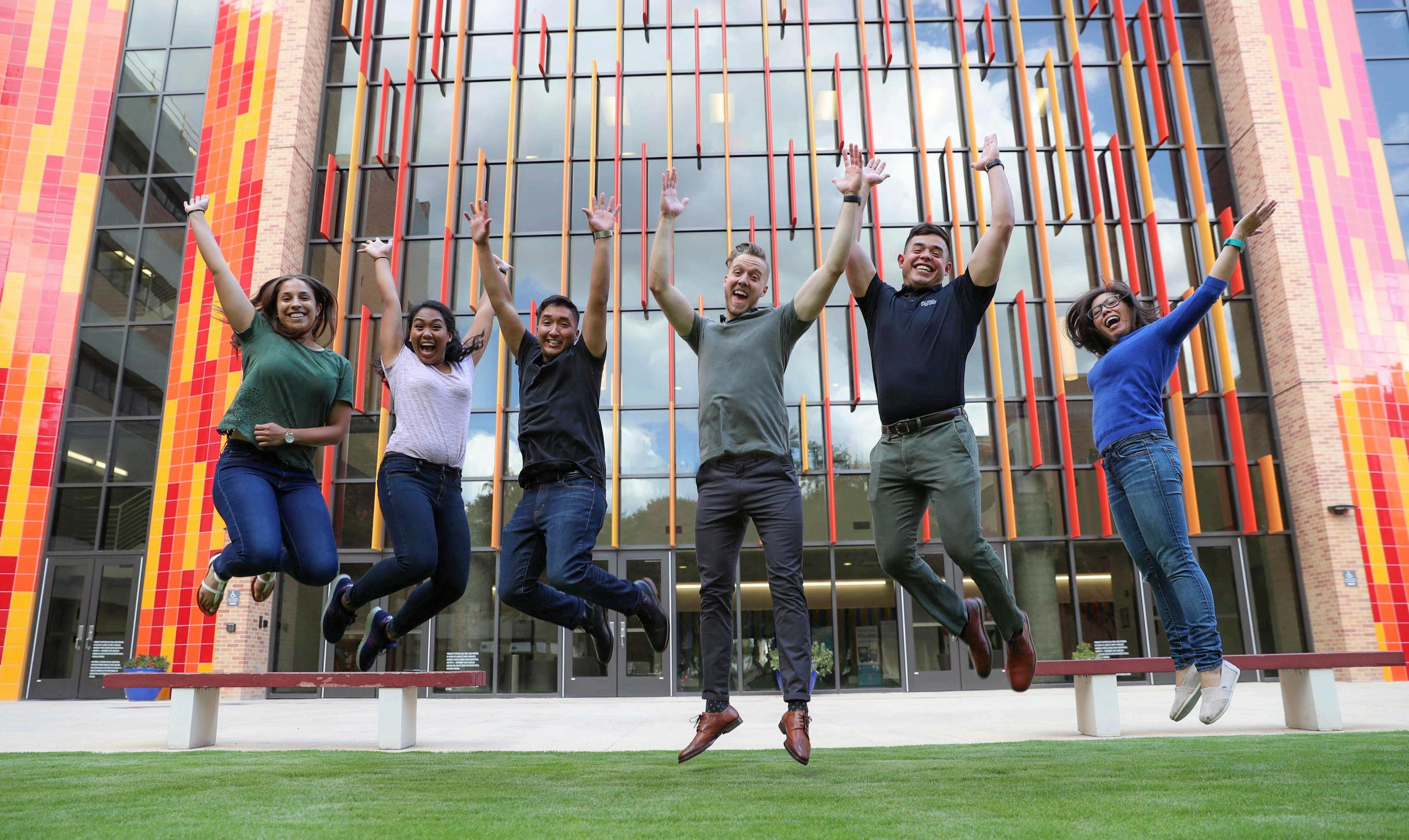
2 minute read
Researcher Finds Success Through Human Connection
While finishing her postdoctoral fellowship at Harvard Medical School in 2015, Bess Frost, PhD, began searching for a faculty appointment where she could lead her own lab.
At that time, Dr. Frost had been working on Alzheimer’s disease and related dementias for about 10 years. “My PhD and postdoctoral research mentors both had medical degrees, but somehow that had never brought me closer to patients living with these disorders. When envisioning myself as the head of a laboratory, I wanted to ensure that my trainees could develop a human connection to the neurodegenerative disorders that we study in the lab.
“When I visited UT Health San Antonio’s Sam and Ann Barshop Institute for Longevity and Aging Studies, I was told about the close interactions between those studying the fundamental biology of human disorders and those working in the clinic with real patients. At the time, there was a big push by Dr. (William) Henrich to start a new Alzheimer’s institute,” she said. (The Glenn Biggs Institute for Alzheimer’s and Neurodegenerative Diseases has since been founded.)
“As someone who had worked on Alzheimer’s disease but had never met someone with Alzheimer’s outside of my own family, this prospect appealed to me. I had an opportunity to gain that human connection and to potentially translate future findings from my lab into the clinic. I came here because of this opportunity,” added Dr. Frost, holder of the Bartell Zachry Memorial Distinguished Professorship for Research in Neurodegenerative Disorders
In the Zachry Laboratory, the Frost team found that activation of endogenous retroviruses, colloquially known as “jumping genes,” drive neurodegeneration in Alzheimer’s disease and related tauopathies. The team’s research was published in Nature Neuroscience in 2018. The high-impact paper was Dr. Frost’s first publication from her new lab.
However, friend and colleague Campbell Sullivan, PsyD, ABPP-CN, a neuropsychologist with the Biggs Institute, pressed Dr. Frost on how this discovery could help her patients. After conferring with mentors at the Barshop and Biggs institutes, Dr. Frost and her colleagues spent the early part of the pandemic writing the protocol for a clinical trial based on their discoveries. They expect results from this phase II clinical trial in about seven months.
“Leading this trial is one of the most satisfying aspects of my life. I get to meet trial participants and their caregivers who accompany them to the clinic visits. We take a tour of the lab before their first appointment, so they get to see where the science is happening and ask questions, and people in my lab get to see how their discoveries may one day matter for a living person,” she said. “I have so much hope and excitement for the future and am happy to have the opportunity to be doing this work in San Antonio.”
Funds from the Bartell Zachry Memorial Distinguished Professorship for Research in Neurodegenerative Disorders were used for participant recruitment for the clinical trial. These funds were critical to recruiting 12 participants with a diagnosis of early Alzheimer’s disease. In this fiscal year, endowment funds will be used to analyze blood and cerebrospinal fluid from participants to determine if the drug candidate effectively reduces neuroinflammation and neurodegeneration after six months of treatment.








